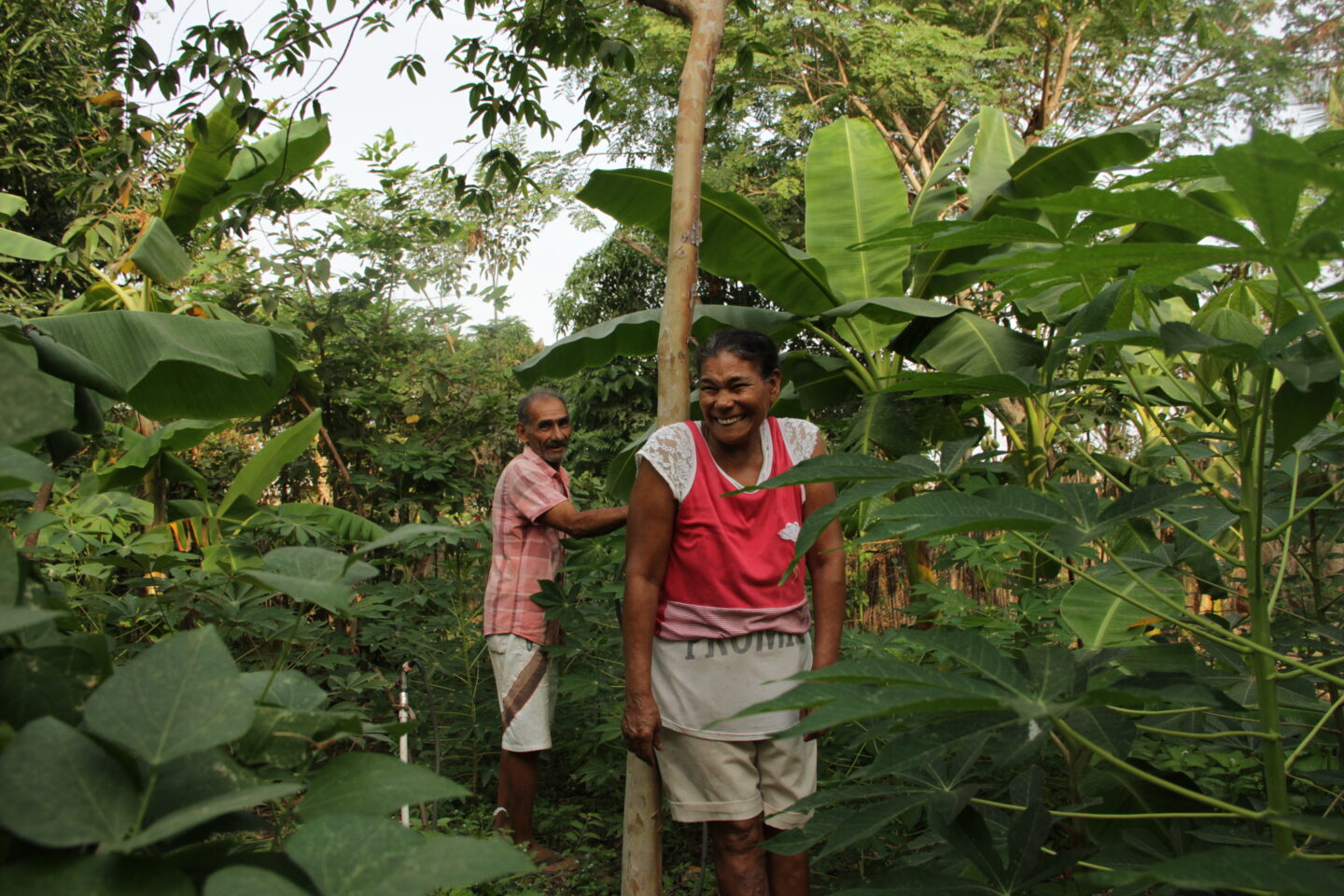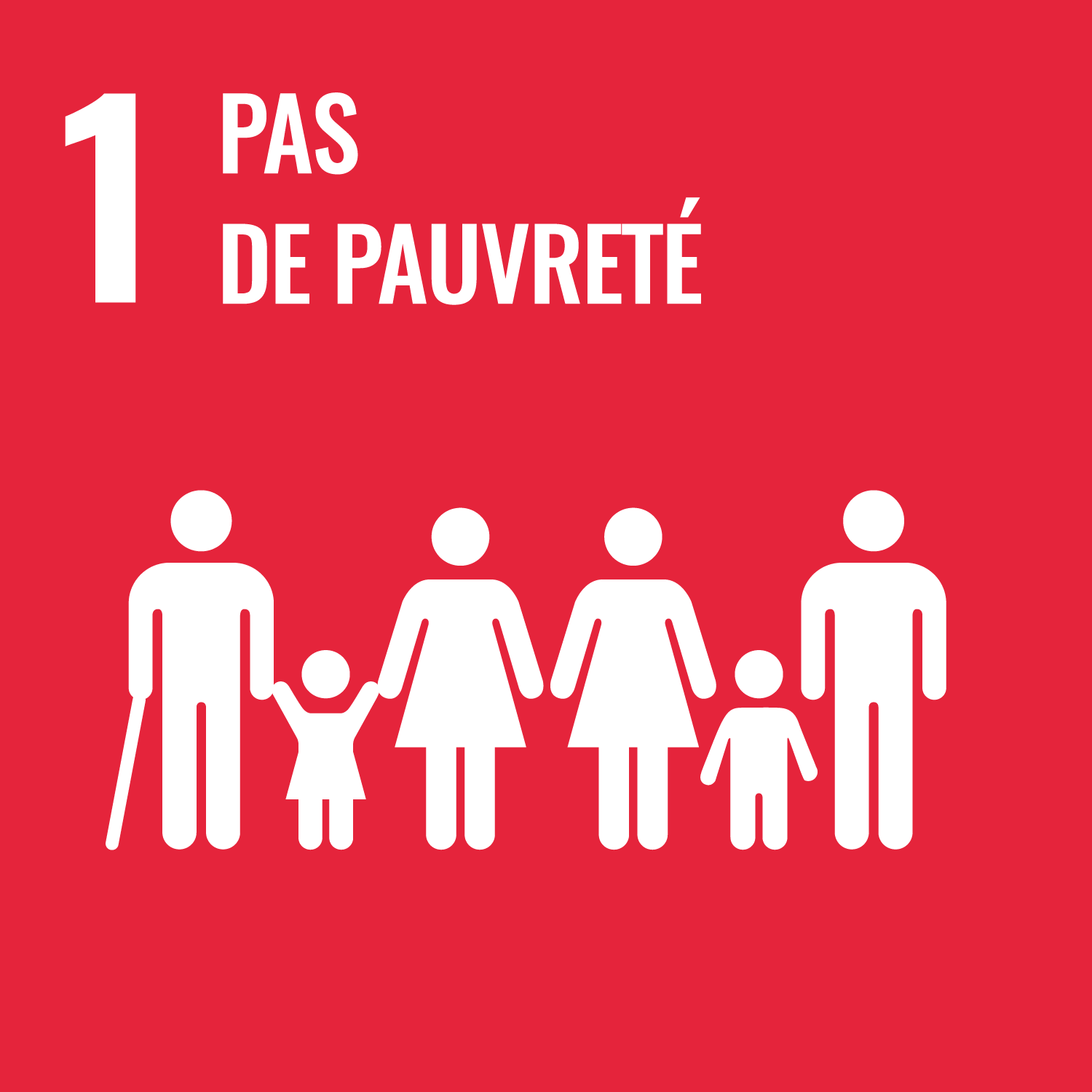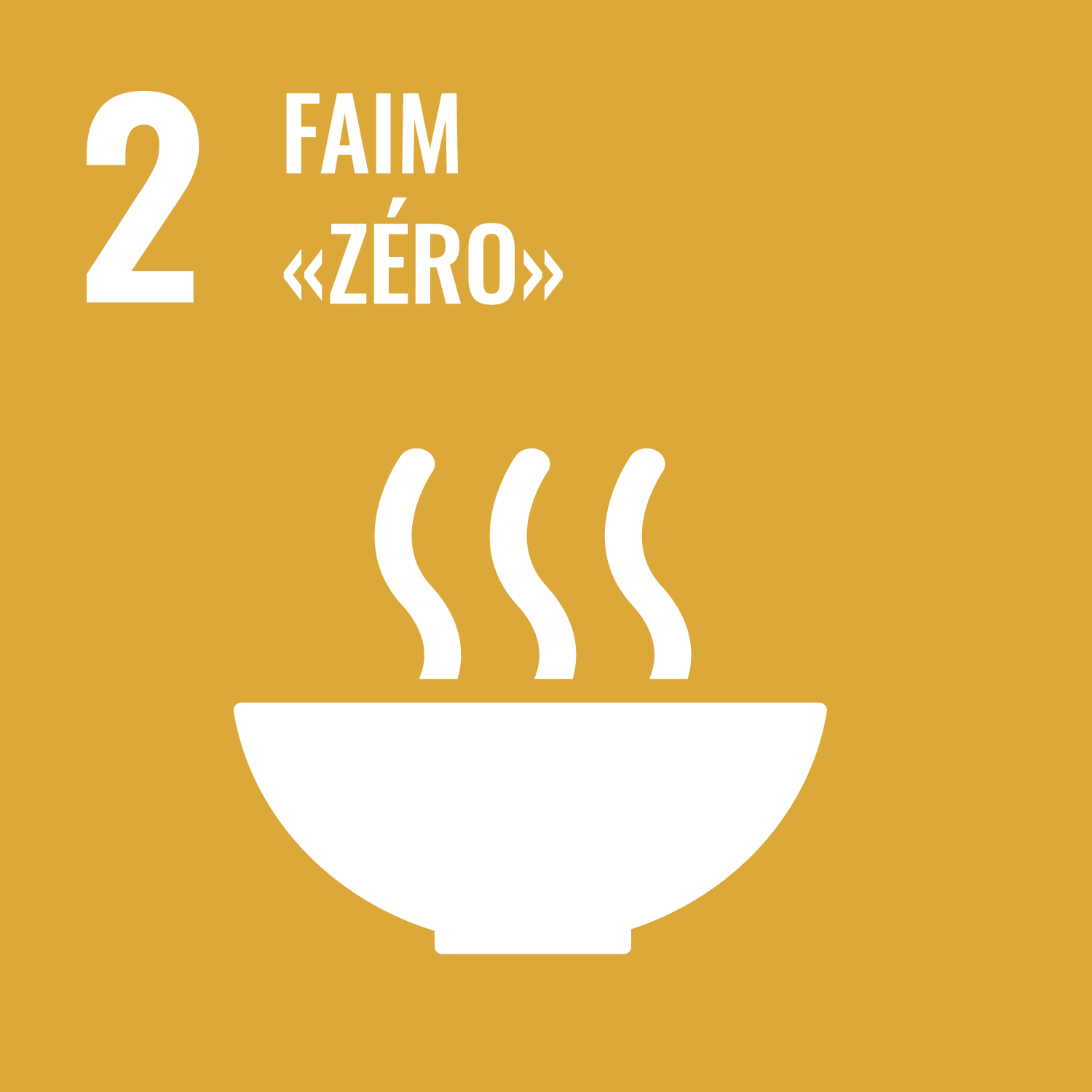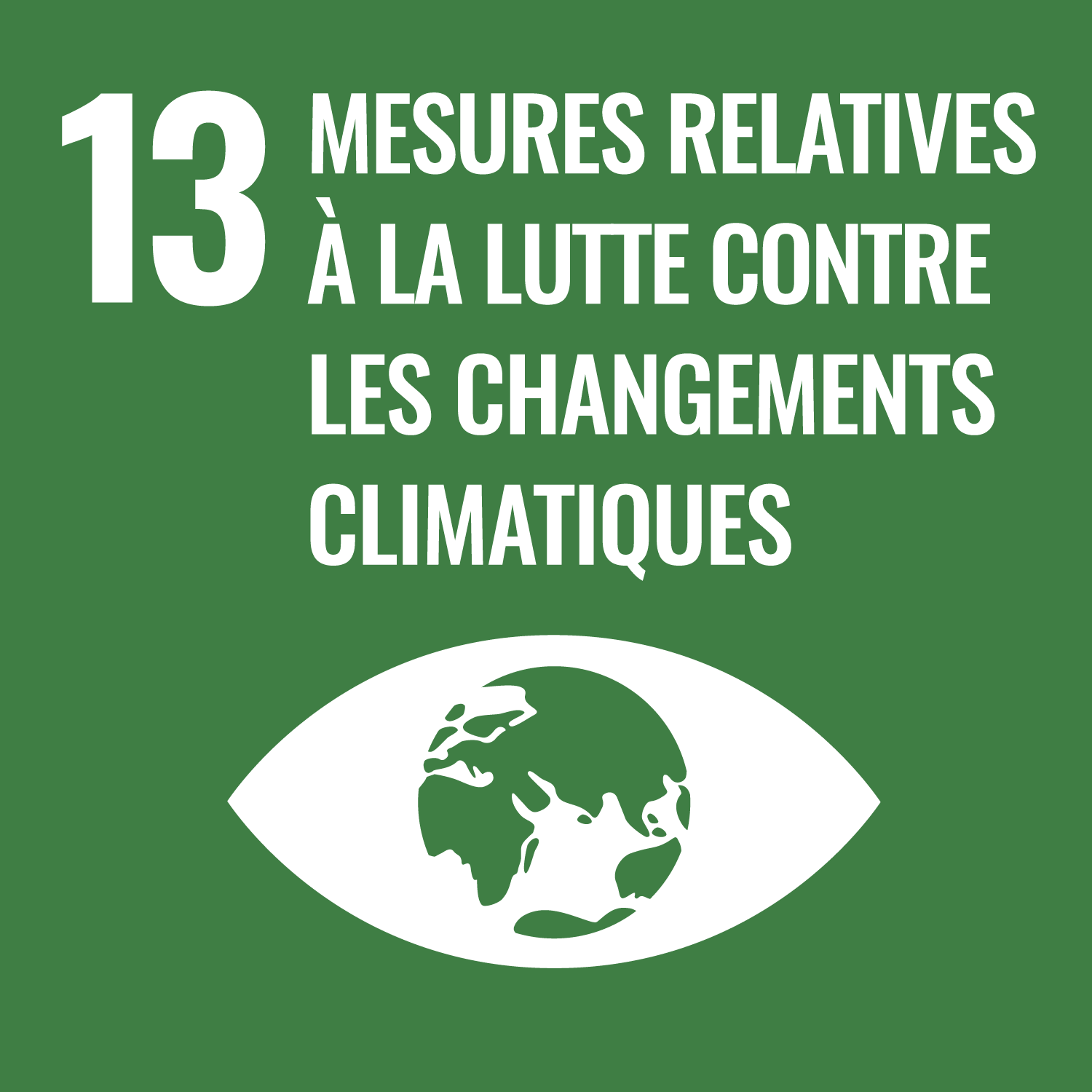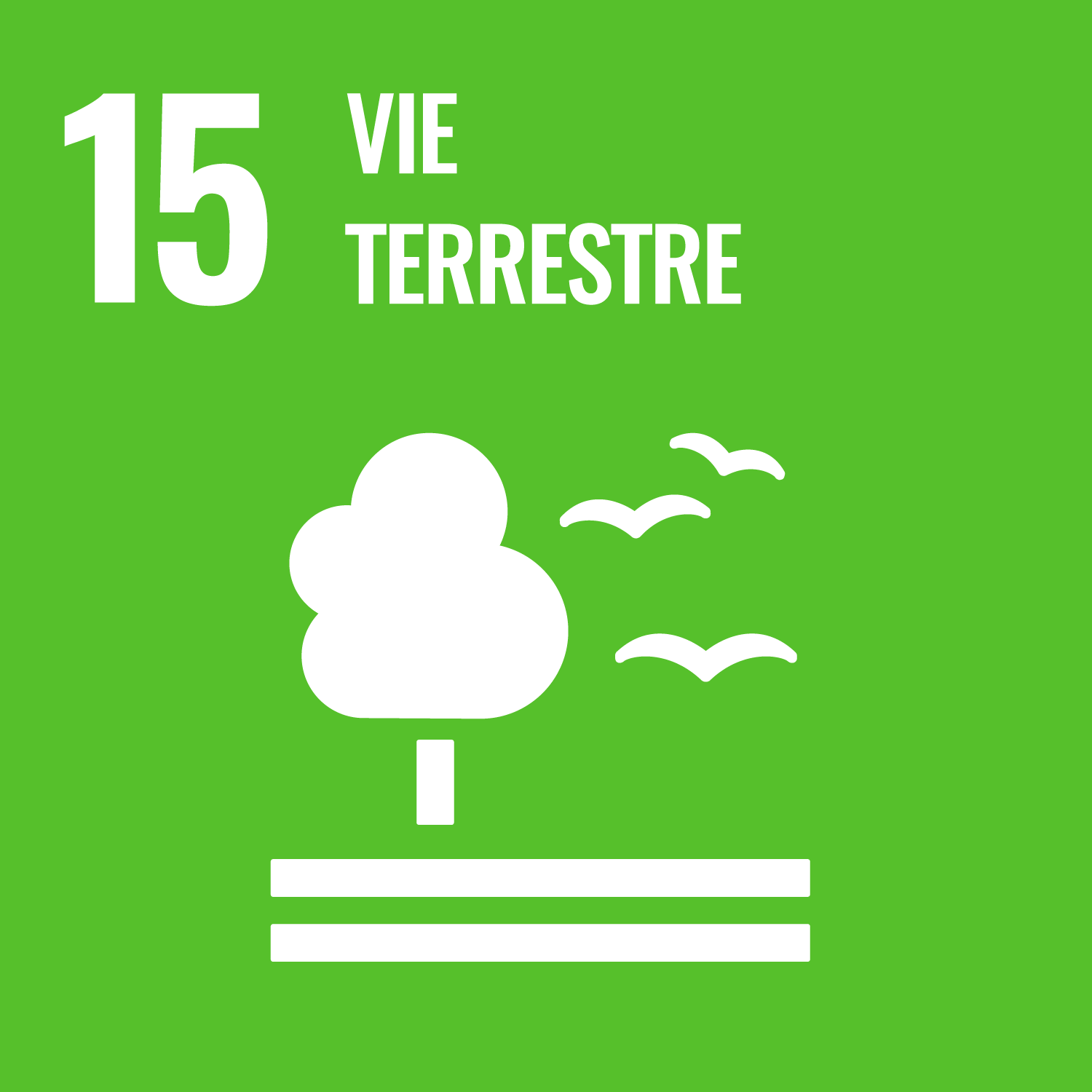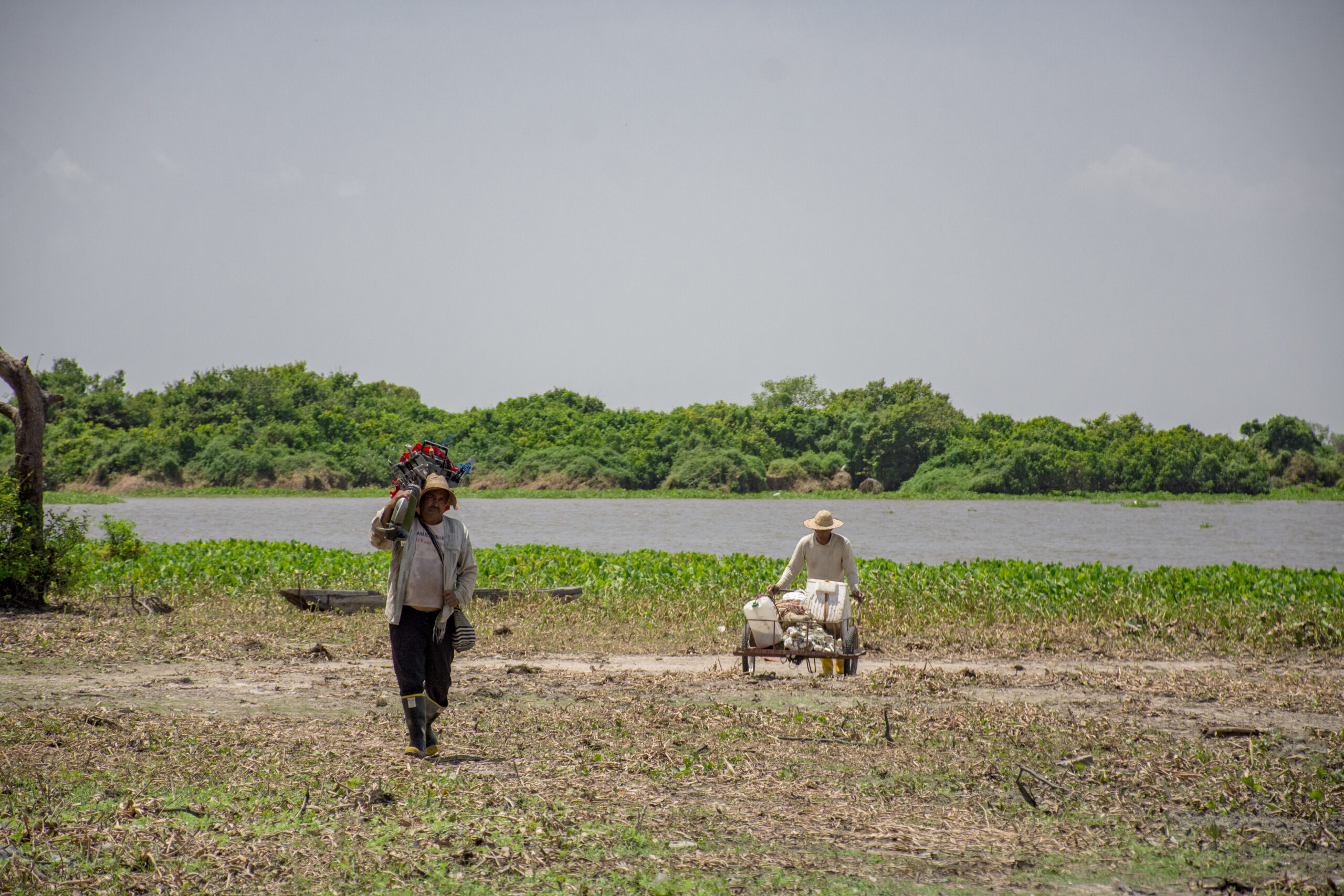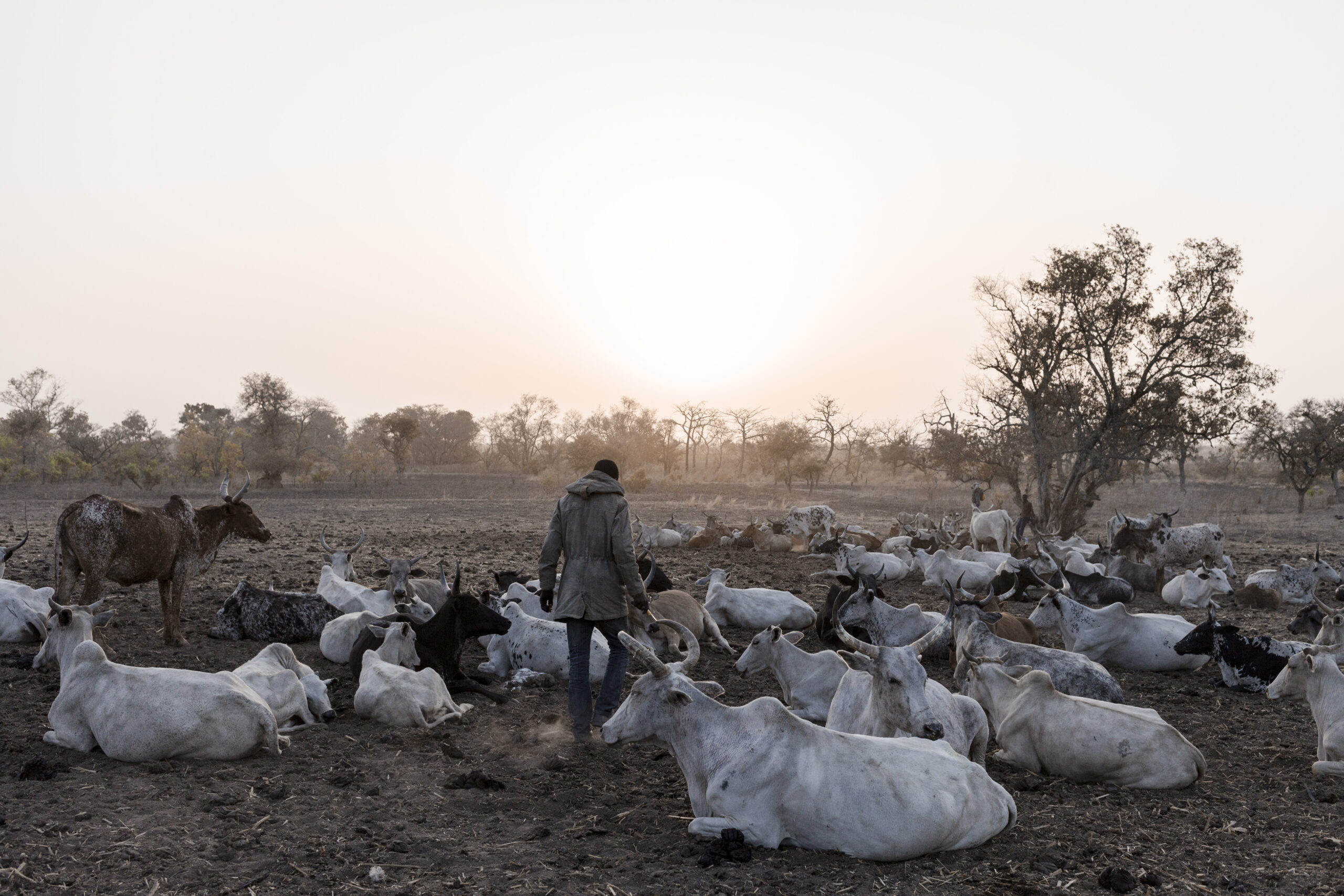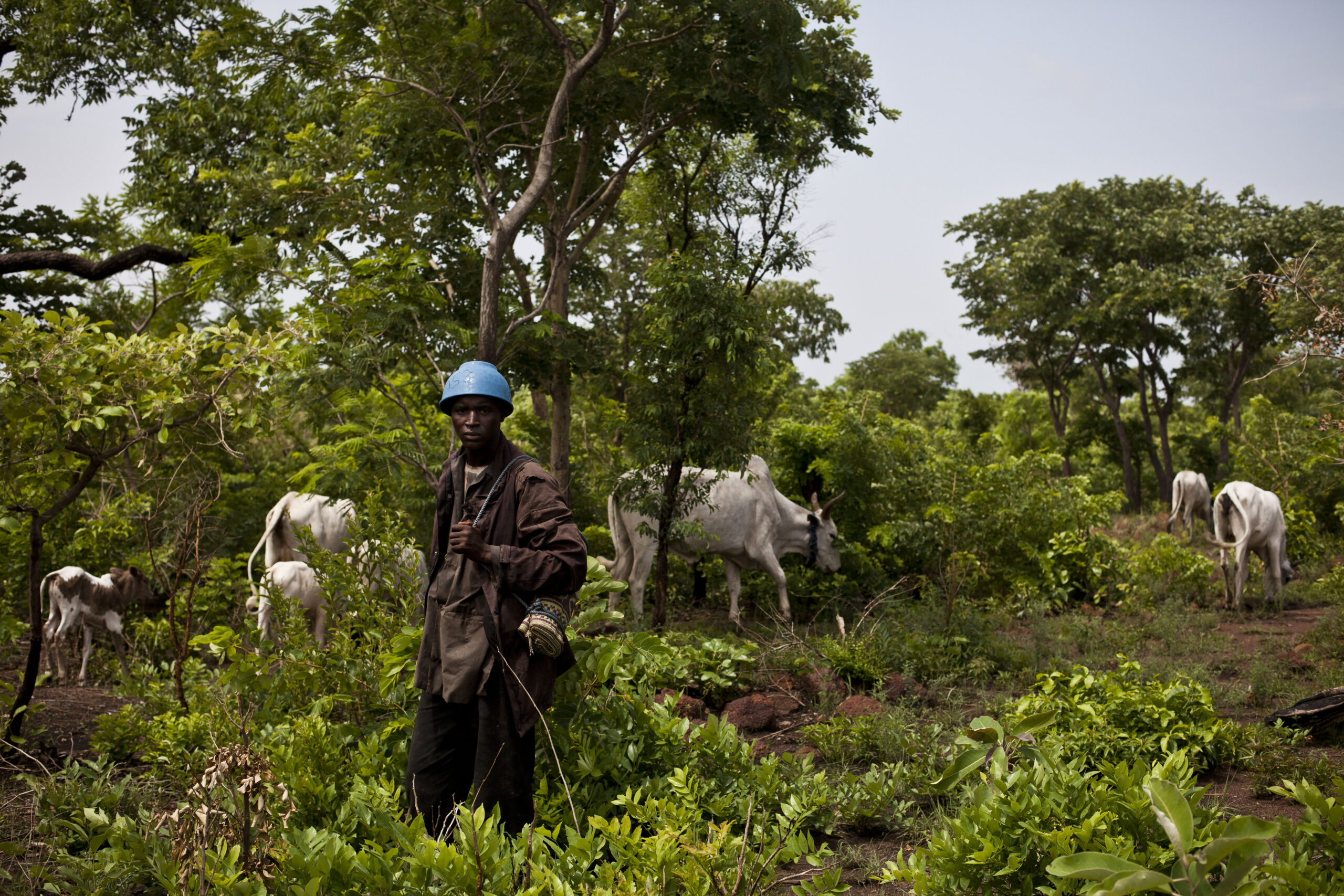| ABA project : Adaptive biocultural “aquatic” areas in the wetlands of the southern part of Colombia’s Cesar department and the lower section of the Magdalena River |
Climate change adaptation strategies based on bio-cultural systems
Context
The Cienaga de Zapatosa, recognised in 2018 as a site of international importance for conservation under the RAMSAR Convention, is part of the catchment area of the Magdalena River, Colombia’s main river. It acts as a buffer against flooding from the Magdalena and Caesar rivers, protecting people downstream from potential flooding. However, its deterioration as a result of climate change is threatening socio-ecological and production systems that are unable to cope with the consequences of ecosystem degradation. As a result of this degradation and the unfavourable social context for rural fishing and farming communities, there is a lack of fair trade and access to productive resources, leading to dependence on fishing as a virtually sole source of food and income. This lack of food security and sovereignty for families and economic instability is compounded by a breakdown in the relationship between communities and natural resources, resulting in a loss of traditional practices and weak local governance over common-use resources.
The action
The ABA project is a continuation of the work previously carried out by the ALMA Foundation and Acting for Life in the Cienaga de Zapatosa area. It seeks to understand and deal with some of the consequences of climate change that are manifested in ecological, productive, economic and local governance dynamics. It also includes in its analysis the relationship between gender inequalities and the vulnerability of bio-cultural systems, for the construction, implementation and monitoring of the proposed strategies.
The ABA project aims to
- The restoration, conservation and sustainable use of areas of tropical dry forest and riparian forest of strategic interest in the fight against climate change.
- The implementation of agro-ecological productivity strategies, based on a social economy approach, to improve food security and sovereignty.
- Building and implementing tools and a socio-ecological governance process to promote integrated, multi-stakeholder territorial management.
- The intervention model, based on the EbA (Ecosystem-based Adaptation) methodology for adapting to climate change, enables a global approach to the various problems, in order to reduce the vulnerability of bio-cultural systems by increasing their environmental resilience and their capacity to adapt.
Key indicators and impact of the ABA project
- Nearly 50 hectares of tropical dry forest and riparian forest are protected, restored and used sustainably.
- Agro-ecological productivity strategies, based on a social and solidarity economy approach, are being implemented to improve food security and sovereignty, including a soil and water management strategy and a Social and Solidarity Economy capacity-building strategy.
- 15% increase in family self-consumption.
- 15 families collectively market their agro-ecological products.
- 2 indigenous seed banks in operation.
- 70 women trained in agro-ecology, the social and solidarity economy and adaptation to climate change.
- Over the course of the project, a community monitoring system has been designed and a network of citizens has been consolidated across the three districts where the project operates.
- 40 members of the Maison de la Culture were trained in artistic, political, educational and organisational skills, and 200 people were trained in adaptation strategies to ensure the conservation, restoration, sustainability and governance of the area.
- A final document on the monitoring of the gender approach and a final report on the systematisation of the monitoring system will be produced at the end of the project.
